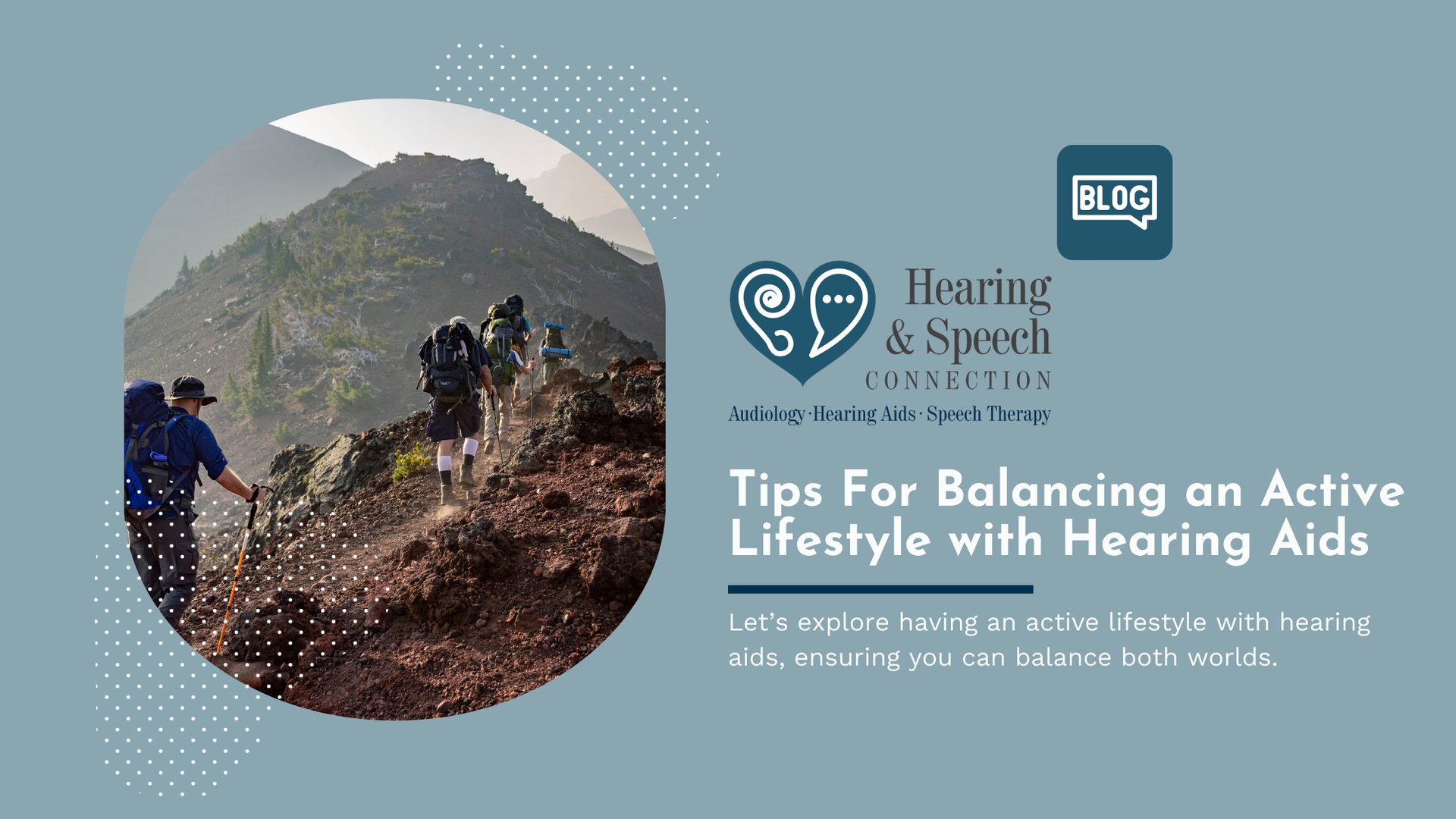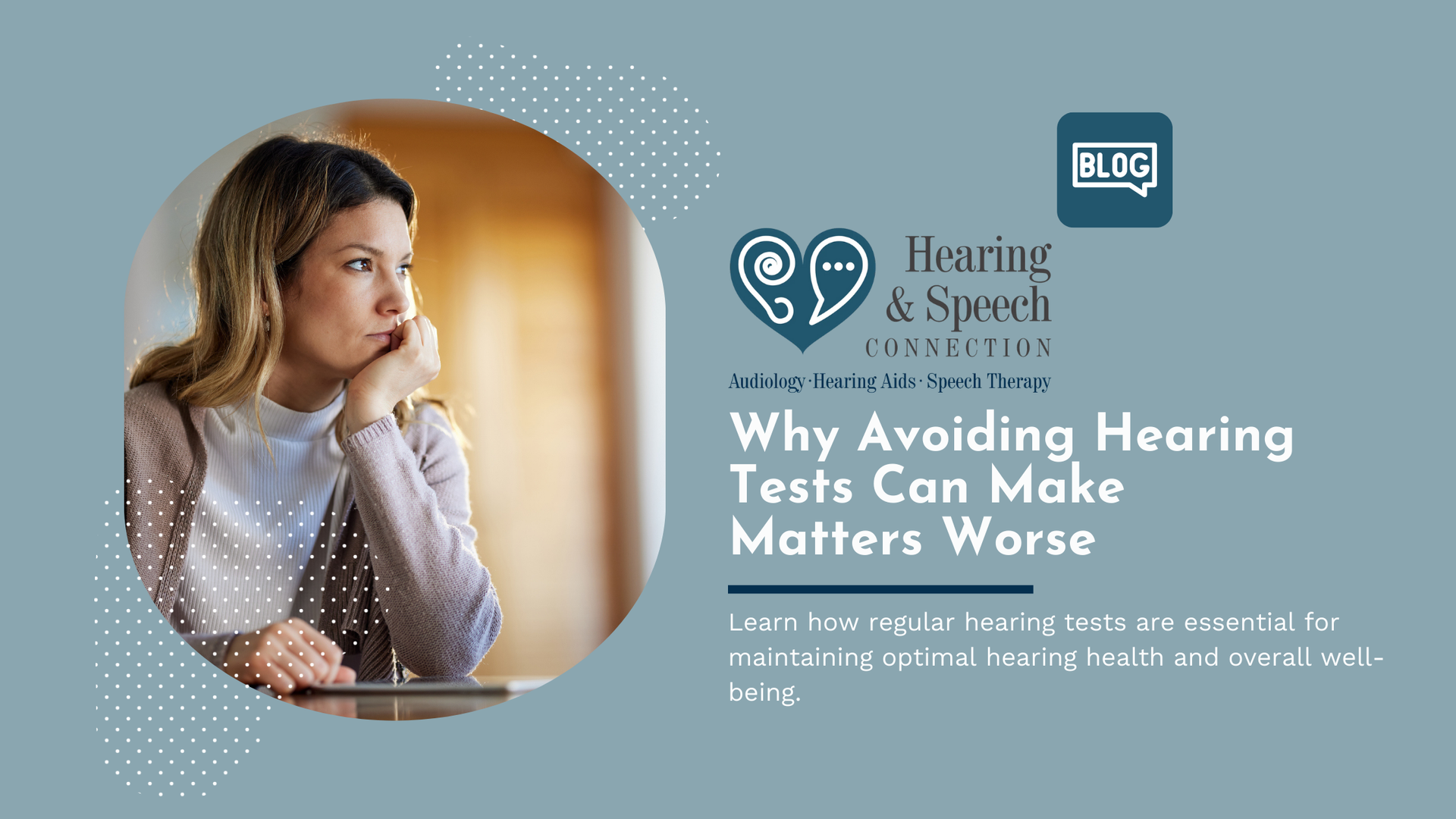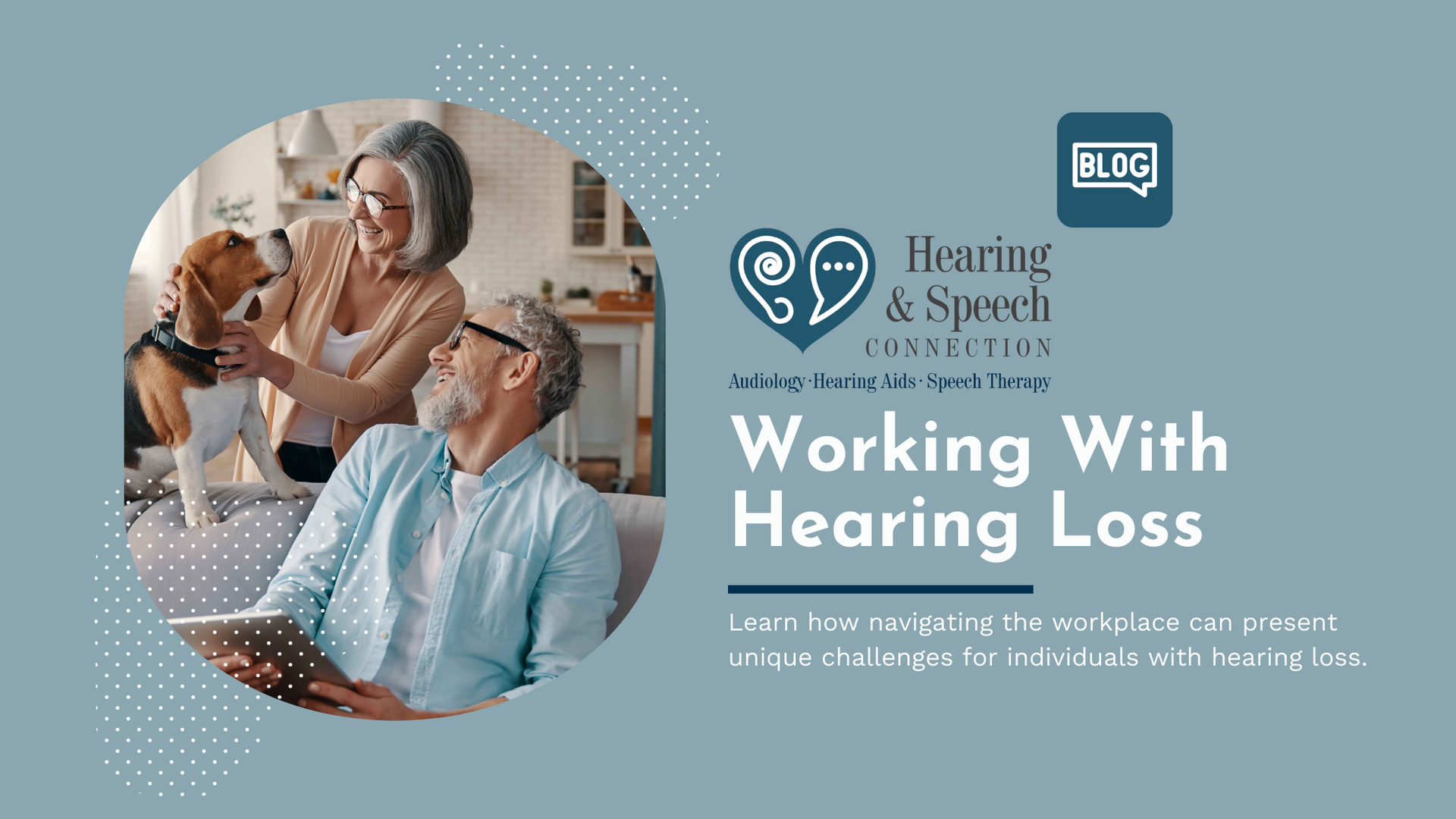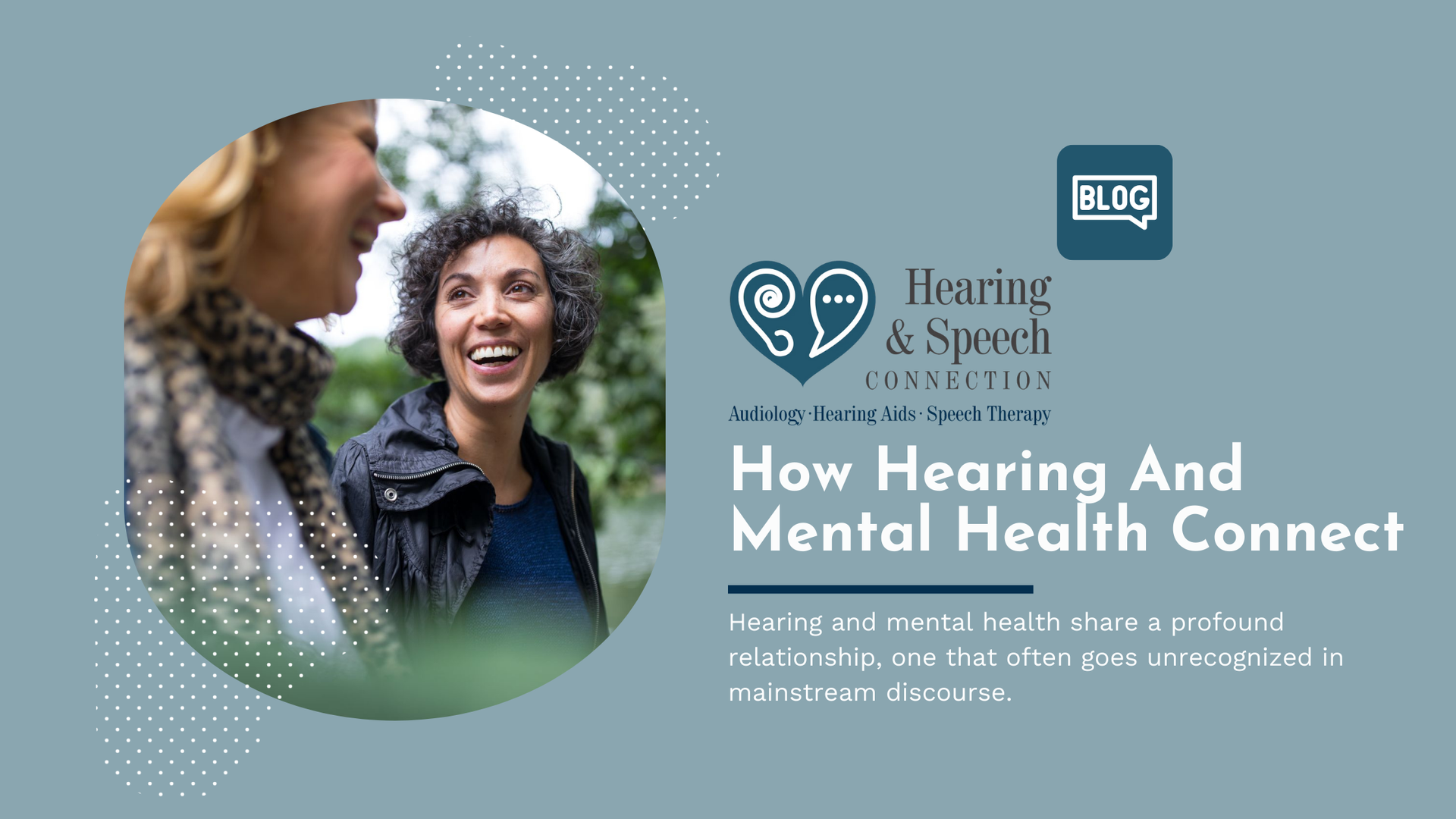Communicating with Your Loved Ones who Have Hearing Loss
Everywhere we look, we see proof that good communication skills make or break careers, relationships, and even friendships. Even between two people with normal hearing, it’s not easy to maintain clear communication. That’s why it’s the goal of a thousand self-help books.
But in this age of email, the Internet, and high-speed communication, face-to-face communication is still the best way to get things done. It’s just a normal part of life. When hearing loss is added to the mix, it makes it hard to understand each other and communicate.
How common hearing loss is
Nearly 50 million Americans say they have a hearing loss of some kind. Hearing loss is more common in people over 65 since it affects almost a third of that age group. If you hang out with people over 75, you have a 50/50 chance of meeting someone who has trouble hearing.
With those odds, it’s unlikely that a person in the United States will go their whole life without meeting someone with hearing loss, even if it’s just for a short time.
Tips for communicating better with someone with hearing loss
You can do a few simple things to make these interactions more straightforward and ensure everyone is happy with how you talk to them.
Try to listen actively.
If you’re talking to someone who has trouble hearing, you can’t just rely on your good hearing. You could learn to listen better to everyone you know. Keeping this in mind, there are a few things that Active Listening, a strategy used in many fields and disciplines that has been shown to work, always has:
- Pay attention. To show that you are paying attention, look directly at the speaker. Listen to what they say instead of planning what you will say next.
- Show that you’re listening by nodding, smiling, or doing something else in response to what they say.
- Give them feedback by saying, “What I hear you saying is…” and then paraphrasing what they said. Ask questions if you are unclear.
- Don’t judge or interrupt. This is especially important when talking to someone who has trouble hearing because they may already be aware of their communication problems.
- Respond correctly ; be honest, open, and kind in your response.
Speaking with people who have trouble hearing
Now let’s get down to business and discuss ways to help people with hearing loss. Again, these tips can help you talk to anyone and will lead to better communication with everyone.
Don’t talk from somewhere else.
This isn’t so much a tip as a reminder to stop doing this. If you want to talk to someone who has trouble hearing, take the time to get close to them. Like when you face someone directly, this lets the listener use clues other than what is being said to figure out what is going on in the conversation.
Talk slowly and clearly, making sure to say each word.
There are many instructions, but they all say the same: you shouldn’t yell to be heard. Increasing the volume could make your words even harder to understand, and it will almost certainly make your listener angry. Who wouldn’t get angry if someone yelled in their face?
Try to cut down on noise in the background.
Don’t try to have a deep conversation at a cocktail party or as you walk by a construction site. Background noise is the worst thing that can happen to someone with trouble hearing. When there’s too much noise around, it’s hard to pay attention to what you’re saying. If you want to talk in-depth, move to a quiet corner or low-key area.
If people don’t get what you’re saying, try saying it another way.
If what you’re saying isn’t getting through, try putting it in different words instead of getting angry or shouting. Some words are hard to tell apart, so even if your stance, volume, and pronunciation are great, the words you chose might not be. Take a deep breath and think of a different way to say what you want.
If you can, put important information in writing whenever you can.
If you have a conversation that needs to be followed up on, send an email with the instructions or the results of the conversation. This gives everyone time and space to ensure that no one has misunderstood their expectations.
Are you having trouble understanding others, maybe when background noise is involved? There’s no reason to live with hearing loss that isn’t taken care of. See us for a full hearing test and help get a hearing aid.
The post Communicating with Your Loved Ones who Have Hearing Loss appeared first on Hearing Connection.




All Rights Reserved | Hearing Connection
